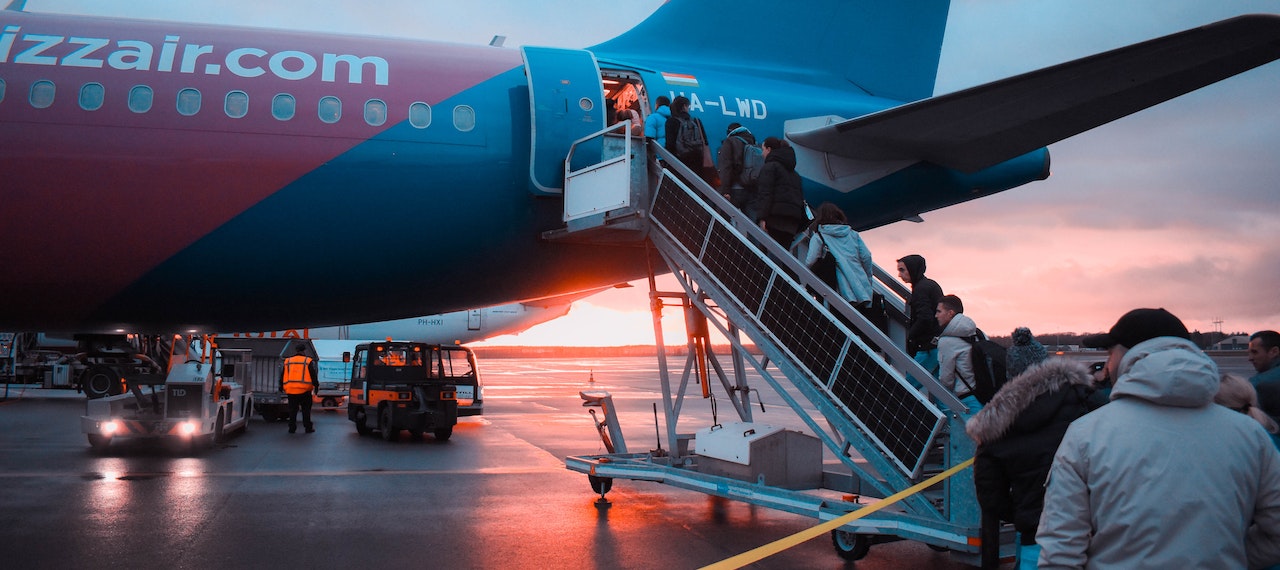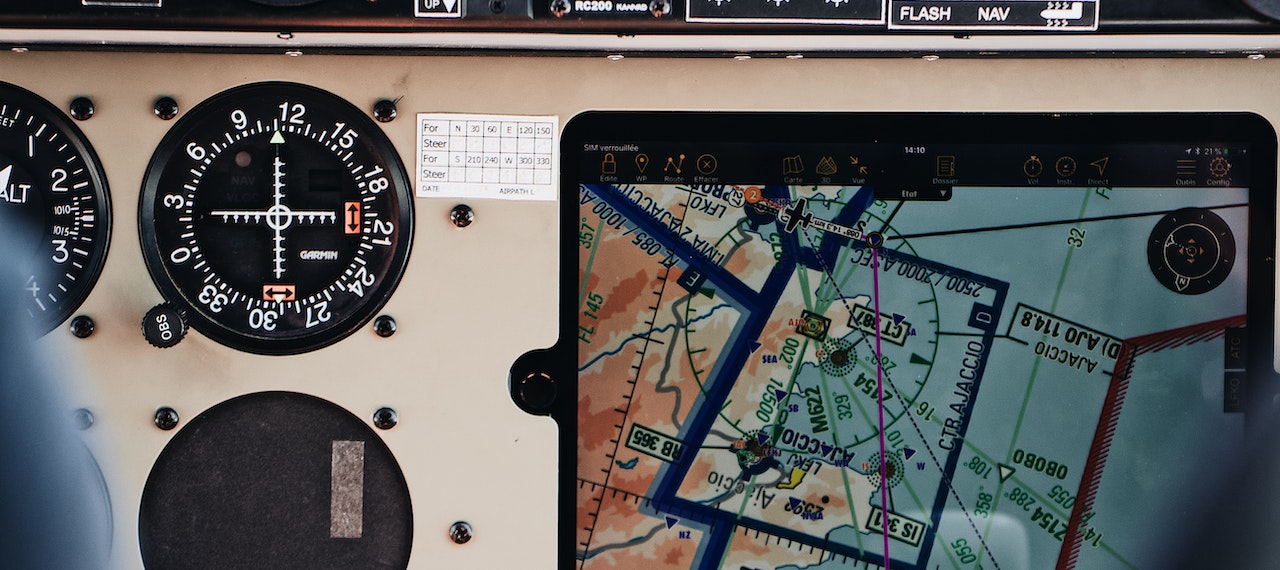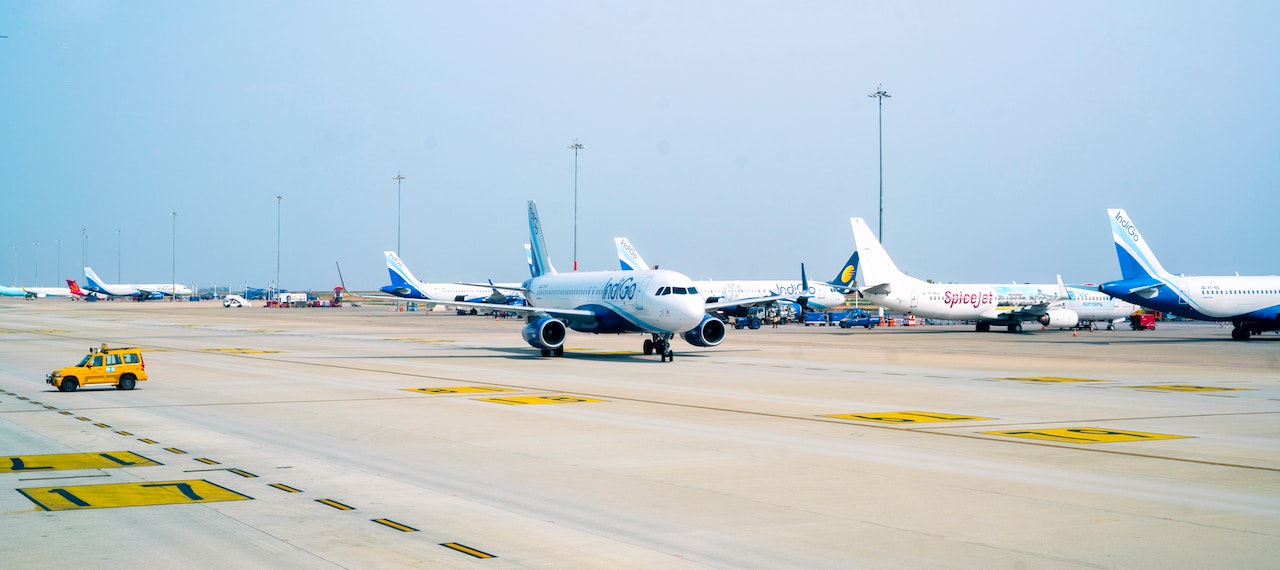The aviation industry, specifically flights and airlines, represents a dynamic and influential sector in the global economy. It not only facilitates international commerce but also supports regional economic growth. However, the true economic impact of airlines on local economies extends beyond the obvious. This blog will delve into the profound influence that flights and airlines exert on local economies, highlighting their role as significant economic engines.
Economic Contributions of Flights and Airlines
Direct Impacts
Flights and airlines' direct economic impact is realized through their operations and administration. Airlines employ a multitude of people, ranging from pilots, flight attendants, ground crew to administrative staff. The salaries paid to these employees stimulate local economies as they are spent on goods and services within the community.
Moreover, airlines generate revenue for airports through landing fees, gate fees, and rents for terminal space. These revenues help fund airport operations and maintenance, leading to further employment opportunities.
Indirect Impacts
The indirect impact of flights and airlines on local economies mainly revolves around the supply chain. Airlines require a plethora of services, including fuel, aircraft maintenance, and food catering. The providers of these services benefit financially from the presence of airlines, creating a ripple effect of economic activity and jobs in the local economy.
Induced Impacts
The induced impact of flights and airlines refers to the broader economic activity generated by the spending of direct and indirect employees. This includes expenditure on local housing, transportation, entertainment, and other services, which in turn support local businesses and create additional jobs.
Catalyzing Tourism
One cannot discuss the economic impact of airlines without mentioning tourism. Flights and airlines act as the primary catalyst for tourism, a major driver of local economies worldwide. From bustling cities to remote islands, airlines connect destinations to potential tourists, thus fueling the hospitality sector, including hotels, restaurants, and local attractions.
Facilitating International Trade
Airlines play a pivotal role in facilitating international trade. From the swift delivery of time-sensitive goods such as perishables, pharmaceuticals, and electronics to the transport of business people and cargo, airlines enhance global trade connectivity. This connectivity strengthens local industries, improves competition, and fosters innovation in the local economy.
Investment in Infrastructure
The presence of flights and airlines often necessitates investment in local infrastructure. This includes not only the airport itself but also the surrounding infrastructure like roads, public transportation, and utilities. These investments yield significant economic benefits, including job creation during construction and improved connectivity and efficiency for the local population.
The economic impact of airlines on local economies is multifaceted, encompassing direct, indirect, and induced effects. The presence of flights and airlines stimulates job creation, boosts tourism, facilitates international trade, and promotes infrastructure development. Hence, airlines are more than just transportation providers; they are crucial economic catalysts that play an instrumental role in shaping the growth trajectories of local economies worldwide.
It is crucial for policymakers and stakeholders to recognize and support the airline industry's economic contributions. By doing so, they can help ensure that flights and airlines continue to drive economic growth, job creation, and global connectivity, even in the face of evolving industry challenges.

.png)
.jpg)




.jpg)
